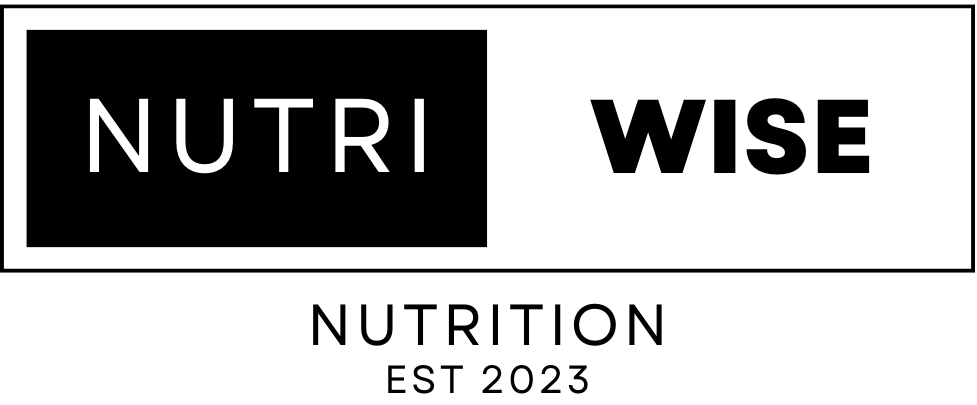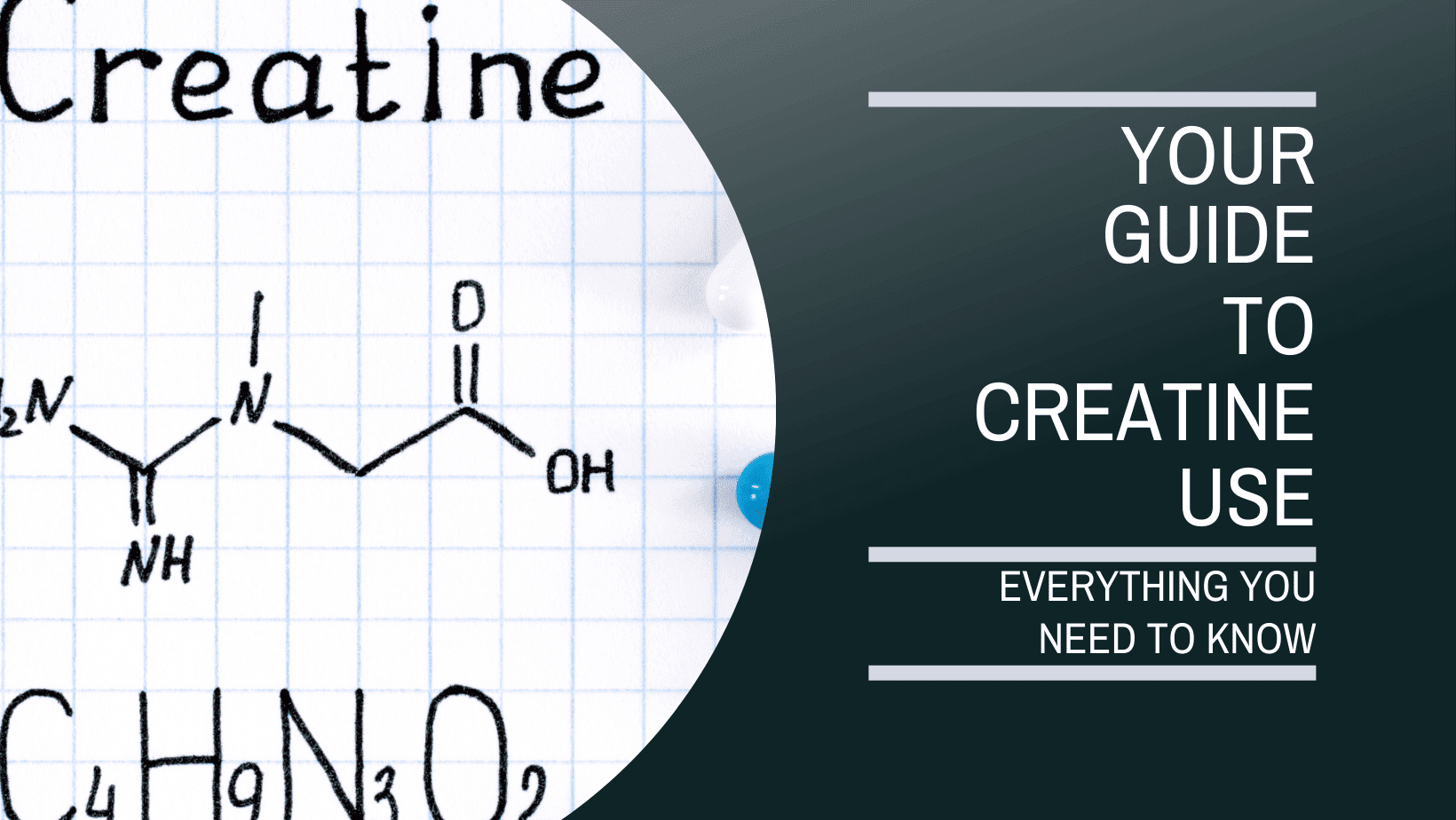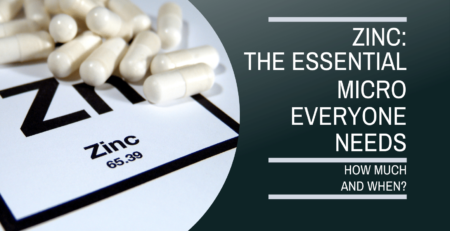A Guide to Successful Creatine Use
Creatine is a compound that is made up of three amino acids and is naturally produced in the body. It can also be found in certain food sources, such as red meat. Creatine is essential for providing energy to muscles, allowing them to contract during intense physical activity. Creatine has been found to increase muscle mass, decrease fatigue, and improve exercise performance when taken as a supplement.
Creatine supplementation has been studied extensively over the past few decades, with numerous studies showing positive effects on physical performance. Most of the data comes from short-term trials lasting 4–12 weeks and longer-term trials lasting 6–12 months. The results indicate that creatine supplementation may give athletes an edge by increasing their power output and enhancing their overall physical performance. Therefore, it appears that creatine could be beneficial for athletes looking to gain an advantage in their sport.
Benefits Of Creatine
Creatine is a molecule that occurs naturally in the human body, and is found in small amounts in certain foods. It is used by athletes and bodybuilders to give them an edge in their exercise performance and muscle building. The benefits of using creatine are widely debated, but there is some evidence to suggest that it may be beneficial for those looking to improve their physical performance.
Studies have shown that creatine can help improve strength, power, and muscle size when used as part of a workout program combined with high-intensity training. Creatine has also been linked to increased energy levels and improved mental focus during intense workouts, which can potentially lead to better performance results. Additionally, creatine may help reduce fatigue after intense exercise, making it easier for athletes to recover quickly and get back into the gym.
Finally, some research suggests that creatine supplementation may help reduce muscle soreness after exercise sessions and decrease recovery time between sets. This could allow people to perform at higher levels for longer without feeling fatigued or experiencing unnecessary pain. Overall, while more research is still needed on the long-term effects of creatine use, it appears that many athletes experience positive results from its use when combined with proper nutrition and training practices.
Who Should Take Creatine?
The third question to consider when discussing creatine is who should take it. Creatine is a supplement that has been widely studied and can be beneficial for some individuals. It is important to note, however, that not everyone will benefit from ingesting creatine and its use should be tailored to the individual situation.
Studies have shown that athletes who engage in high intensity exercise such as weight lifting and sprinting are more likely to benefit from taking creatine than those whose exercise regimen does not involve this type of activity. Additionally, research indicates that those who are looking to increase their muscle mass or strength may also find creatine to be helpful. Other benefits include increased energy production during exercise, improved hydration status, and enhanced recovery after strenuous activity. However, there may also be some side effects associated with taking creatine such as digestive issues and dehydration. Therefore, it is important for an individual to weigh the pros and cons before deciding whether or not to use this supplement.
As with any supplement or medication, it is recommended that individuals consult a doctor before beginning a new routine involving creatine supplementation. This will ensure that the potential user understands possible side effects and knows how best to take the substance for maximum benefit while minimizing risk of harm or adverse reactions. Of course creatine is one of the most studied supplements and is widely regarded as being safe and beneficial for 99% of people, there are those who it does not agree with
Side Effects Of Creatine
According to a recent study published in the Journal of the International Society of Sports Nutrition, approximately 5 million people take creatine worldwide. Creatine is a dietary supplement used to increase muscle mass and strength, but it also has potential side effects that should be taken into consideration before deciding to take it.
Creatine can cause some short-term gastrointestinal distress, including nausea, diarrhea, cramping and bloating. It may also lead to an increase in water weight due to its ability to draw water into muscle cells. Creatine can also cause an increase in creatinine levels in the blood, which is an indicator of kidney function and possibly a sign of kidney damage. In addition, research suggests that taking large doses of creatine for extended periods of time may interfere with normal hormone production due to its effect on testosterone levels.
In rare cases, taking high doses of creatine (more than 20g per day) over long periods of time has been linked to liver and kidney damage, although further research is needed to fully understand this connection. Additionally, athletes who take creatine could be at risk for dehydration as well as increased risk for injury due to increased muscle mass and strength. Therefore, individuals should speak with their healthcare provider before deciding whether or not they should use creatine supplements.
How To Take Creatine
Coincidentally, the discovery of creatine supplements for physical performance may offer a solution to the side effects of taking creatine. Its use enables athletes to reap the benefits of increased energy and strength without sacrificing their overall health. With the correct implementation of creatine in an individual’s diet, they can successfully supplement their exercise regime while avoiding any adverse effects.
This brings us to how to take creatine; its effectiveness depends on the individual’s lifestyle and goals. Generally, it is recommended that users begin with a loading phase of 0.3 g/kg/day for five days, followed by a maintenance phase of 0.03 g/kg/day for two weeks or longer. This should be done in cycles and taken with a meal that contains carbohydrates. It is also important to stay hydrated during these cycles as dehydration can worsen any side effects from taking creatine. Additionally, dosages should be tailored to each user depending on their body type and level of physical activity.
By understanding how to take creatine properly and responsibly, users can gain its benefits without putting their health at risk. Furthermore, when combined with proper nutrition and regular exercise, creatine has been shown to be effective in improving athletic performance safely and effectively.
Key Points for Success With Creatine
Creatine has become a widely used supplement among athletes and bodybuilders. It is known for its benefits of increasing muscle strength, endurance and providing energy for workouts. Creatine also has the potential to provide many other health benefits. While there are benefits to taking creatine, it is important to understand who should take it, what side effects may come with it and how to take it.
Creatine is a safe supplement when used correctly; however, those with kidney or liver problems should not use it as their bodies may struggle to process the additional creatine in their system. Research has shown that side effects such as weight gain, digestive issues, dehydration and muscle cramps can occur if taken without proper hydration or in higher doses than recommended.
The right way to take creatine varies from person to person. A regular dose of 3-5 grams daily is generally recommended but can be changed depending on individual needs. Taking a loading phase of 20-30 grams per day for 5-7 days followed by a maintenance phase of 3-5 grams per day has been found to be incredibly effective – almost magical – for boosting athletic performance and building muscle mass.
In conclusion, creatine is an incredibly beneficial supplement when taken correctly with the right dosage and hydration levels, yet caution must be taken when deciding to take it as there are potential health risks associated if not used properly. An individual should always speak with their healthcare provider before taking any supplements like creatine – a supplement that could potentially transform one’s physical capabilities beyond belief!











